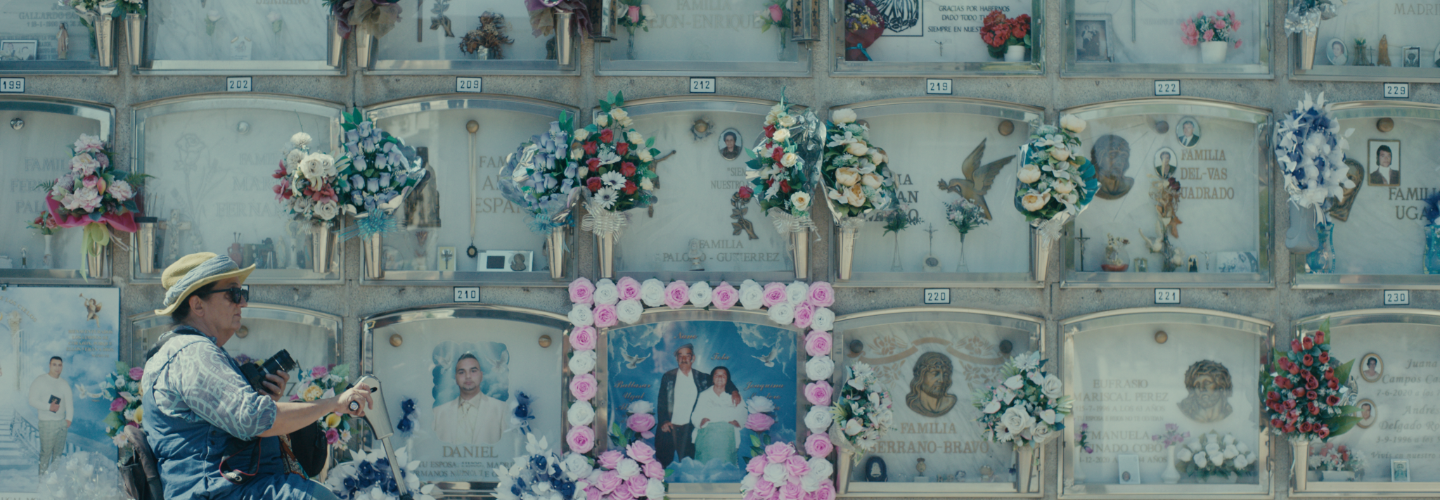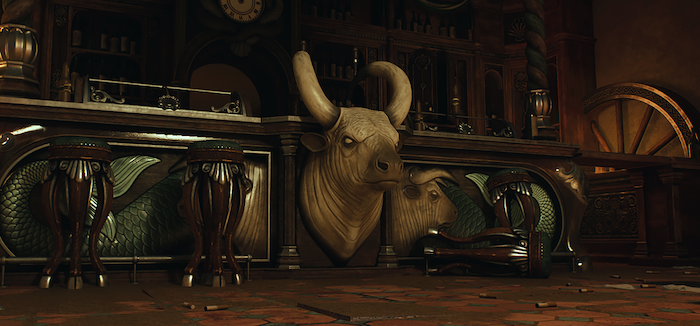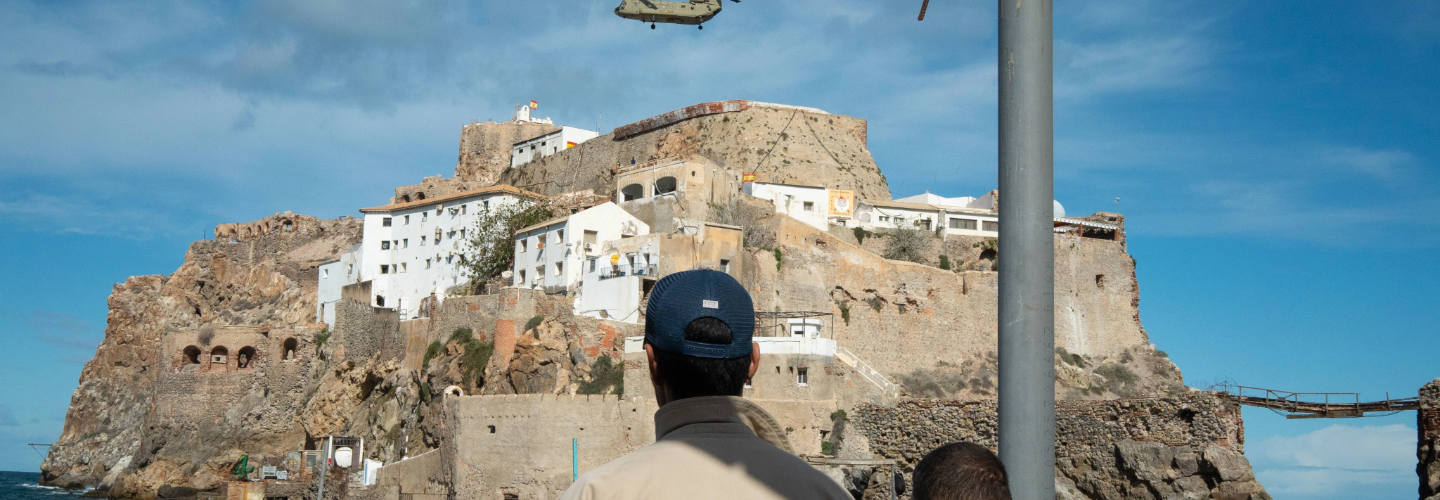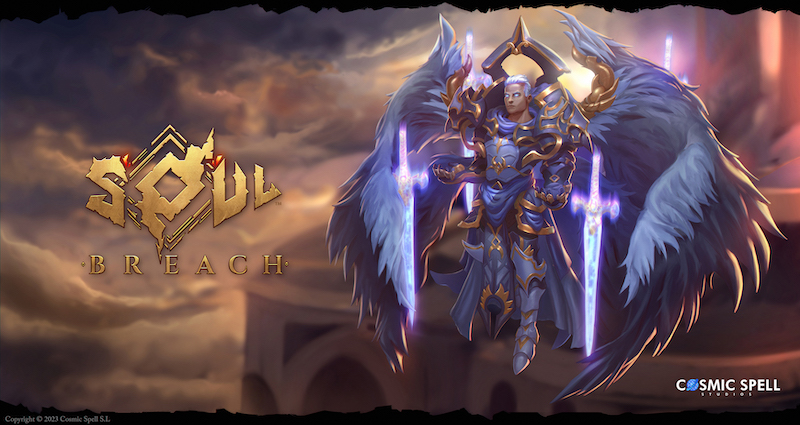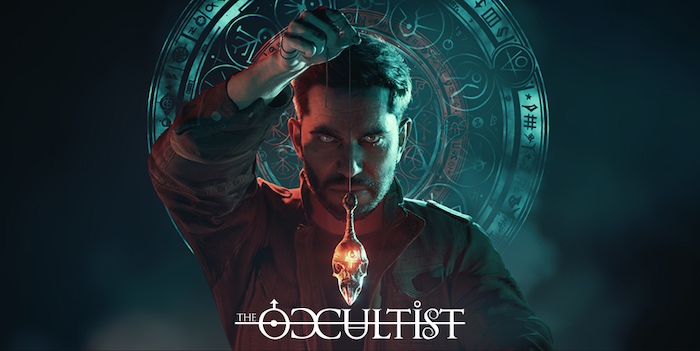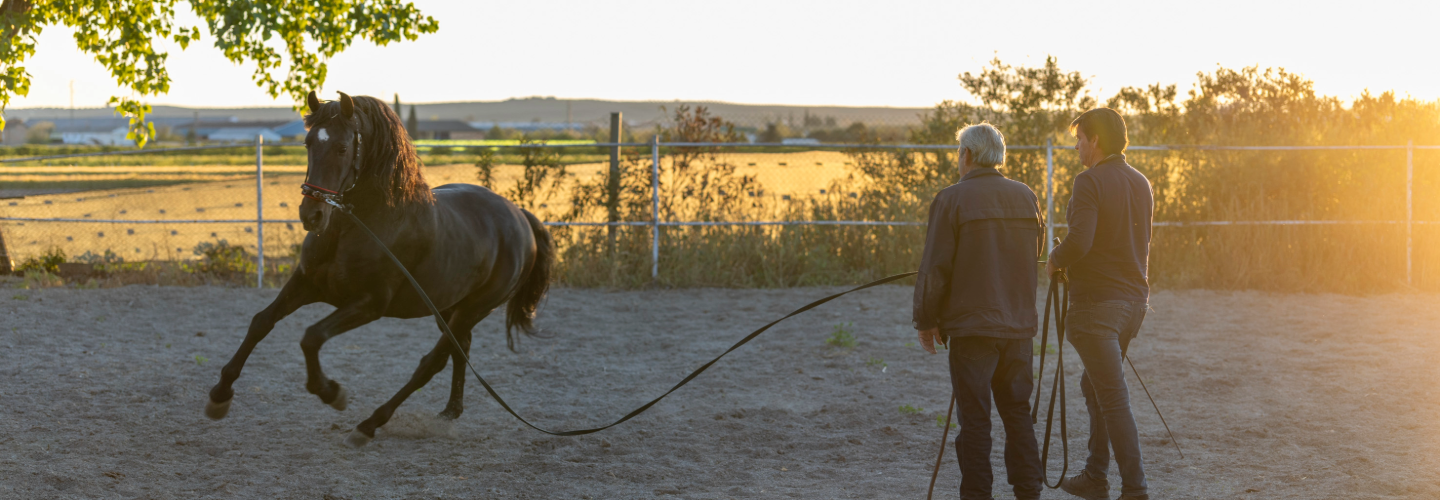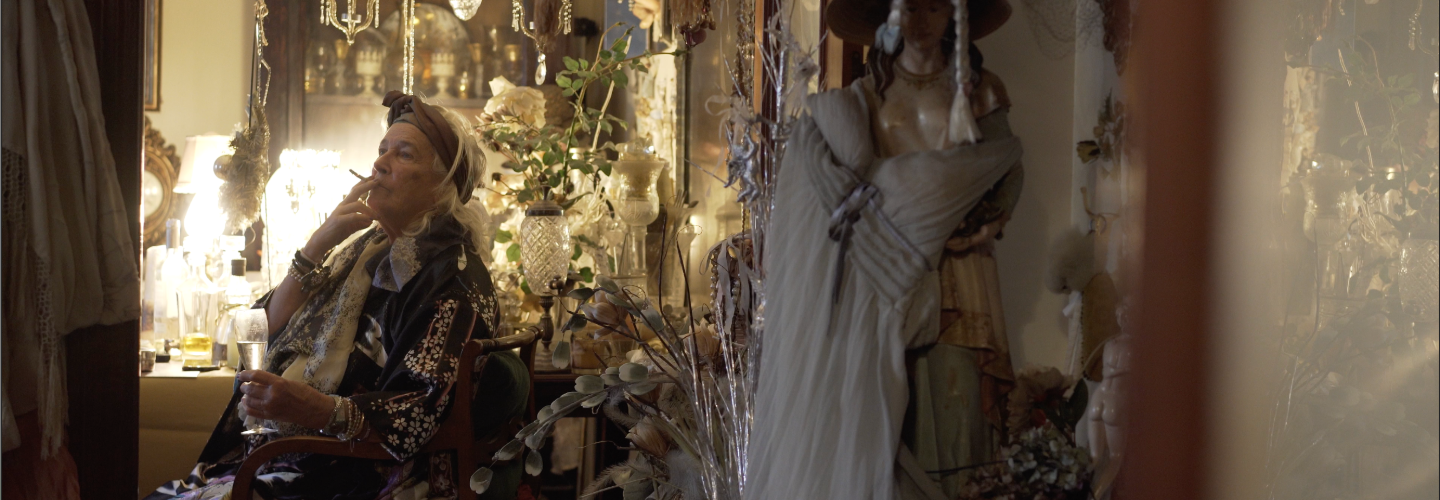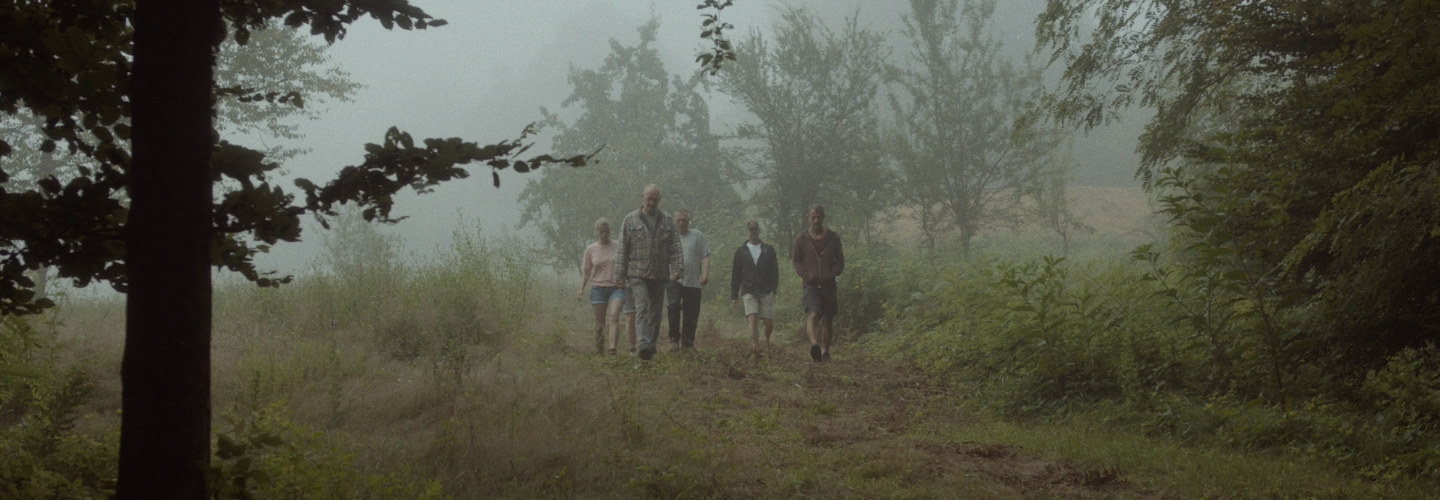Spanish Animation: Solid Reasons for Optimism
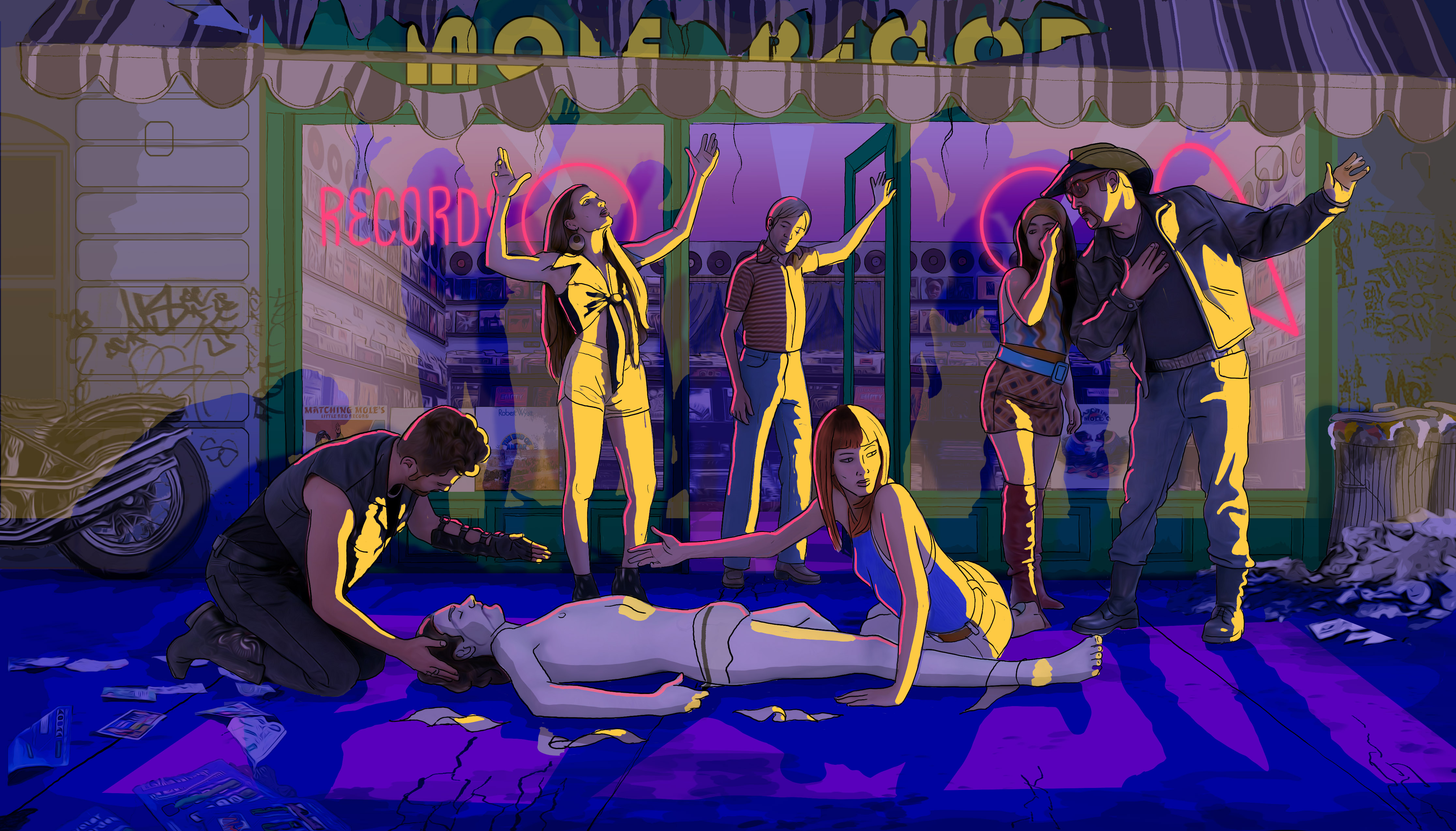
A flourishing industry with global ambitions
From Cannes to the Quirino Awards, Spain's animation industry celebrates a surge in international recognition, buoyed by diverse productions and strategic collaborations, heralding a promising future for the sector.
Robot Dreams, a melancholic and unusual ode to friendship, began its dreamlike journey at Cannes Premieres, culminating in a recent success as one of the five nominees for the 2024 Academy Award for Best Animated Feature. Prior to this, it became the fourth Spanish film to win the European Film Award for Best Animated Feature, joining forces with France, a leading European powerhouse, since the category's inception.
For the first time, two Spanish animated films participated in the official section of the San Sebastian Film Festival: Isabel Herguera's 'The Sultan's Dream' and Fernando Trueba and Javier Mariscal's 'They Shot the Pianist'. The Goya Award of the year went to the highly anticipated 'Unicorn Wars', directed by the acclaimed European animation master, Alberto Vázquez. 'Mummies', directed by Juan Jesús García Galocha, was another highlight of the season, grossing over 50 million euros worldwide, and most recently, the Málaga Film Festival opened with 'Dragonkeeper', directed by Salvador Simó and Jianping Li, a remarkable Spanish-Chinese co-production, the second in history after 'Bikes' (2018).
In addition to their profound diversity, these titles and their journeys exhibit other virtues, indicating a peak moment for the sector, a willingness to appeal to different audience segments, and a visible effort towards internationalization both in terms of production and distribution.
This drive for internationalization is reflected in the solid participation of Spanish animation in festivals worldwide.
In Cannes, Spain was designated as the honorary country, and ICEX organized a series of activities and screenings around the 'Animation Day', including a selection of recent short films and the presentation of seven animation projects. Seven other Spanish projects or those with Spanish involvement in production were presented at Cartoon Forum (Toulouse), twelve at Next Lab Generation (Madrid), three at the WIPs of Ventana Sur Animation! (Buenos Aires), and four pitchings were offered at the Selected Mifa Pitches (Annecy). Furthermore, at last year's Quirino Awards for Ibero-American Animation, the Spanish series 'Jasmine & Jambo' won the main prize in its category. In this year's edition, 3 out of the 4 nominations for Best Feature Film were Spanish productions ('Robot Dreams', 'The Sultan's Dream', and 'Hanna and the Monsters'), and out of five nominations in the series category, three were backed by Spanish companies: 'Poor Devil', 'Sex Symbols', and once again, 'Jasmine & Jambo' (second season).
Besides the Quirino Awards, there are several events and calls for animation happening in Spain in 2024: Weird Market (Valencia, October 1-6), Cartoon Springboard (Madrid, October 29-31), NextLab Generation (Madrid, February-March), the mentorship program for projects created by Ibero-American women Mianima, the Animac festivals (Lleida, February 20-23, 2025), Animayo (Gran Canaria, May 8-11), and the International Conference on Animation, VFX & New Media (A Coruña, July 4-6).
In the last NextLab Generation event, among the three winners out of a total of 20 projects presented, there was a series supported by Spanish talent, 'Catwalk' by Lidia Luna, Omayra González Pérez, and Toni Mortero.
Also noteworthy is the progressive integration of animation in the aforementioned festivals in Málaga and San Sebastián, as well as Sitges, not only with screenings but also with industry activities.
In terms of production data, according to information provided by the ICAA, in 2023, 6 feature films led by national companies and 25 short films were qualified, in line with the data from 2022 (6 and 30 respectively). In 2021, 4 feature films and 44 short films were produced, in 2020 there were 2 and 33 respectively, and in 2019, 4 and 40. Two consecutive years (2022 and 2023) with six productions is excellent. If we look at France, a European reference, in 2022, 13 feature films were produced, of which six were predominantly French, marking the highest figures in the last 10 years.
All these are signs of the consolidation of a sector that brings together about 300 companies, according to ICEX figures, and boasts a significant network of training centers across the territory to ensure talent and future growth. Voxel, U-tad, and Lightbox Academy (Madrid), BAU (Barcelona), La Salle and Pepe School Land in Barcelona, Barreira A+D in Valencia, The Glow Animation Studio (Extremadura), or DigiPen Institute of Technology in Bilbao are some of the most prominent.
Animation made in Spain can benefit from a general tax credit of 30%-25%. In the Canary Islands, it is 54%-45%, supplemented by a 0% IGIC (Canarian VAT) and a 4% corporate tax rate, compared to the mainland's range of 23% to 25%. It's no wonder, then, that the islands are establishing themselves as an emerging hub for animation, attracting both international and national companies to establish themselves. The Canary Islands are a new center for animation production, joined by other regions such as the Basque Country, Navarre, and Valencia.
At the beginning of last year, new measures and incentives to support cinema in Bilbao and its territory, Vizcaya, came into effect. Tax incentives there reach up to 60% if production expenses exceed 50% of the total budget. And if the language of the audiovisual production is Basque, the tax break rises to 70%. These deduction percentages are the highest in Europe, and the results of these measures will not be long in coming. It is expected that the new regulations will be extended this year to Guipúzcoa and Álava when approved by the General Assemblies.
Moreover, Navarre offers 40%, and the Valencian Community offers, in addition to 30%, an additional 25% for productions with budgets starting from 4 million euros and with 50% of the expenditure made in the Community. The deduction limit is 1.5 million euros.
Added to this is a new aid line, Ibermedia Next, launched last year by the Ibermedia program in collaboration with the Quirino Awards and the Ibero-American Animation League. The grants amount to 150,000 euros for digital animation or live-action works that include a high percentage of animation. This support is complemented by consultancy and training programs worth 95,000 euros. In the first call last year, 71 Spanish projects competed.
There is still a long way to go, and one of the sector's demands remains an increase in support for development, which until now has been equivalent to live-action productions, despite animation processes being considerably longer and more costly. And the value of the contribution from Ibermedia Next points in this direction.
In summary, the Spanish animation scene is vibrant, offering diversity and activity that is more than commendable. The immediate future will crystallize in the following titles over the coming months, according to information gathered from Diboos, the main organization of the sector in our country, and ICEX.
As for feature films, there will be releases like 'Buffalo Kids', backed by the team behind 'Mummies' and directed by Juan Jesús García Galocha and Pedro Solís García. Produced by 4 Cats Pictures and internationally sold by the American CMG; 'SuperKlaus', by Steve Majaury and Andrea Sebastián, a production of 3 Doubles Producciones and Capitán Araña in coproduction with Canada and internationally distributed by Pink Parrot Media; 'Black Butterflies', by David Baute, the new foray into animation by Ikiru Films, the coproducers of 'Tadeo'; 'Rock Bottom' directed by María Trénor, inspired by the music and life of British musician Robert Wyatt, with production by Alba Sotorra and Jaibo Films, in coproduction with the Netherlands; 'Dalia and the Red Book', by Mr Miyagi Films (the producers of 'Hanna and the Monsters', competing this year at the Quirino Awards) in association with Argentina, Peru, Colombia, and Ecuador, and internationally distributed by FilmSharks; and 'Aisha's Light', by Mago Production and Filmax, in coproduction with Germany.
Some of the series to be launched in 2024 include the start of the 'Superthings, rivals of Kaboom' franchise, by Castelao Pictures (Filmax), Tandem Films, and Turanga Films, which will later incorporate a second season and a feature film; 'The Little Orchestra', by Mago Audiovisual in coproduction with Peru and Uruguay; 'The Wawies', by Imagic TV; 'Alice's Diary', by Lightbox animation studios; 'Samuel', by Pikkukala Barcelona in coproduction with France; 'Firsts', a TV On production in coproduction with Chile; and 'Audrey's Refuge', by Peekaboo Animation in coproduction with France and Canada; In addition, new episodes of the well-known 'Pocoyó' and 'Milo and Trotties' will be released.
Further down the line, films like 'Flamingo Flamenco' (3 Doubles Producciones, in coproduction with the German Studio 100 Media), 'Tadeo Jones 4' (Telecinco Cinema, Lightbox Animation Studios, and Ikiru Films, Anangu Grup), 'Decorated' (UniKo, Abano Producións, and The Glow Animation), and projects by Rodrigo Blaas, Alberto Mielgo, and Sergio Pablos will arrive. An exciting near-future scenario.
Related
Related news
-
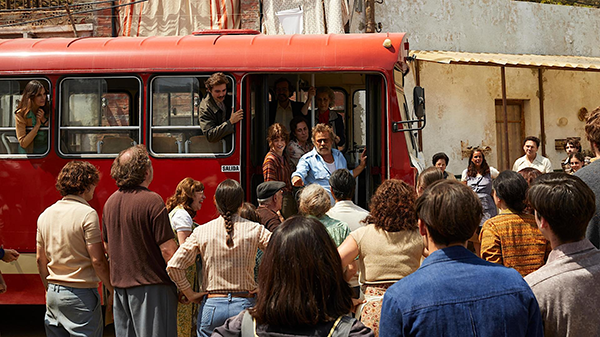
03 January 2025
03 January 2025
Spanish film exhibition closes 2024 with optimism thanks to an extraordinary end to the year
The summer months, as well as November and December, saved a year whose first half did not record good figures. However, Spanish cinema and local distributors ended up being the year's big winners, increasing their revenues compared to 2023.
Fiction Docs Animation03 January 2025
-

23 December 2024
23 December 2024
Q&A with Antonio Saura, founder of Latido Films

For over two decades at the helm of Latido Films, Antonio Saura has sold key titles of Spanish cinema worldwide. Moreover, his unique experience in the sector is also backed by his credits as a producer for Zampa Audiovisual and Zebra Producciones, as well as his role as deputy chairman of the European Film Academy from 2008 to 2019, and his two-year tenure as director of the Media Business School, one of the most prominent international business training institutions. Saura’s historical perspective is undoubtedly exceptional in terms of the history of Spanish cinema and its global reach.
Some recent, brilliant Spanish titles in Latido line-up include Isaki Lacuesta’s “Saturn Return”, Carlos Marques-Marcet’s “They Will Be Dust”, Antón Álvarez’s “The Flamenco Guitar of Yerai Cortés” or David Pérez Sañudo’s “The Last Romantics”.
Fiction Docs Animation23 December 2024
-
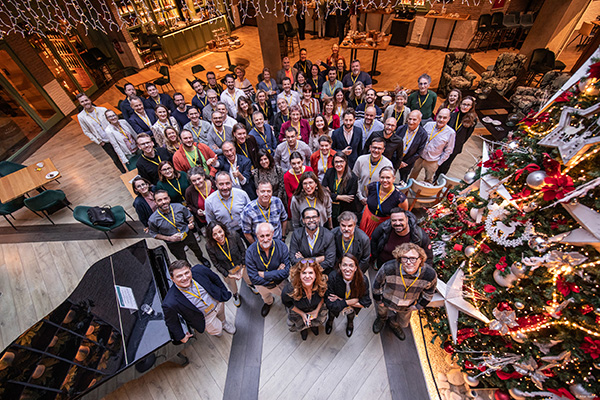
28 November 2024
28 November 2024
Animar_BCN calls for greater pan-European cohesion of the sector and announces new events
A stronger legal framework of support, compatible with the different territories to promote European co-productions, the improvement of tax incentives linking them to the retention of intellectual property (IP), the imperative need to review and correct the underfunded children's programming, as well as to strengthen its protection and the development of a common guide on good sustainable practices are some of the conclusions and objectives of work that they highlighted in Animar_BCN, a brainstorming event that was held last November in Barcelona.
Animation28 November 2024
-
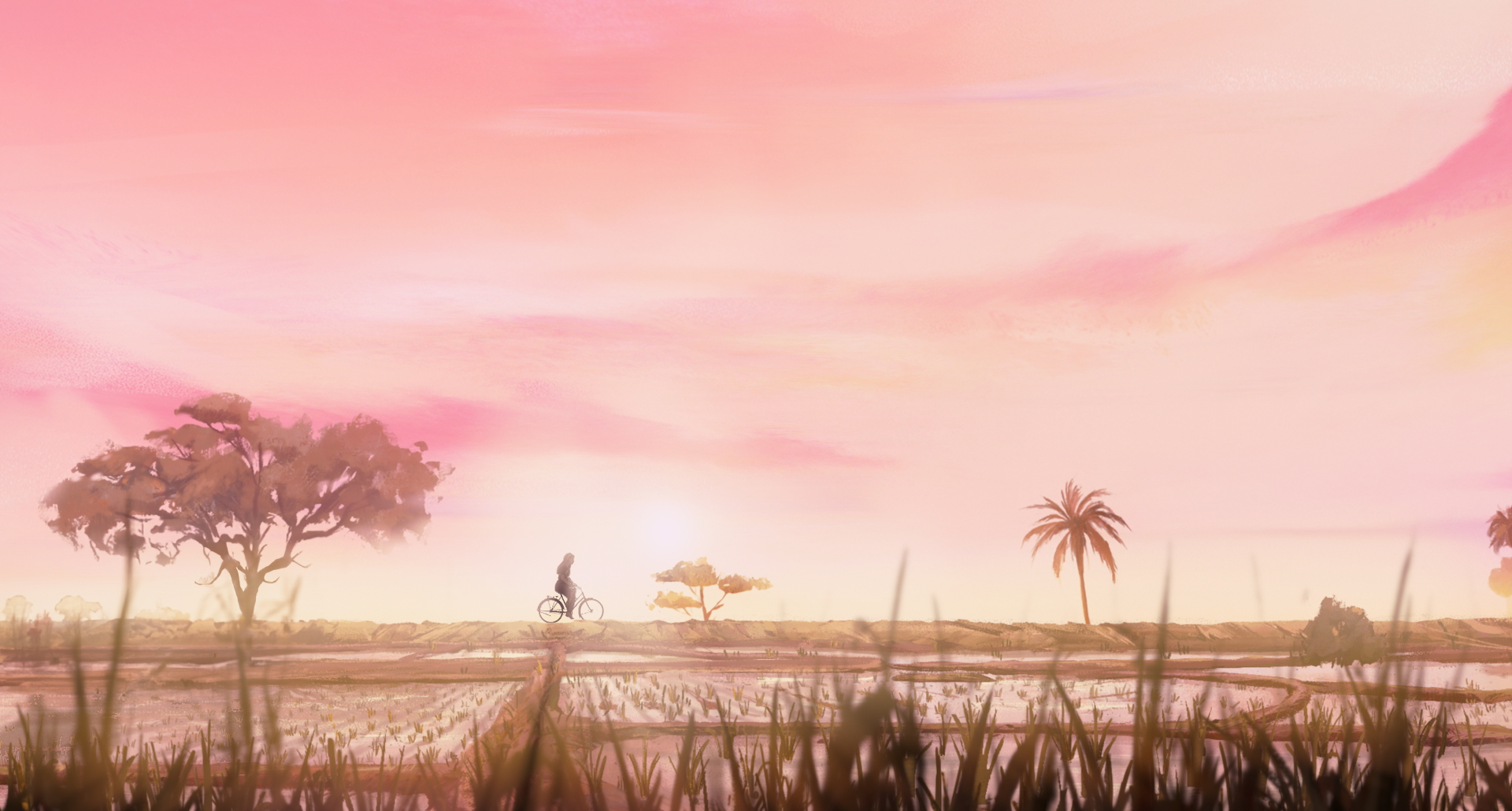
10 June 2024
10 June 2024
Spanish Animation at Annecy 2024: A Remarkable Year
The presence of Spanish titles in the official sections of the Annecy festival, alongside projects showcased in the market area (MIFA), and initiatives supported by ICEX Spain Trade and Investment, underscores a trend long suggested by both local and international media. Spanish animation is undergoing a notable expansion, indicating a trajectory far beyond mere fleeting success.
Animation MIFA Annecy 202410 June 2024
-

19 April 2024
19 April 2024
Spanish Animation: Solid Reasons for Optimism
From Cannes to the Quirino Awards, Spain's animation industry celebrates a surge in international recognition, buoyed by diverse productions and strategic collaborations, heralding a promising future for the sector.
Animation19 April 2024
-
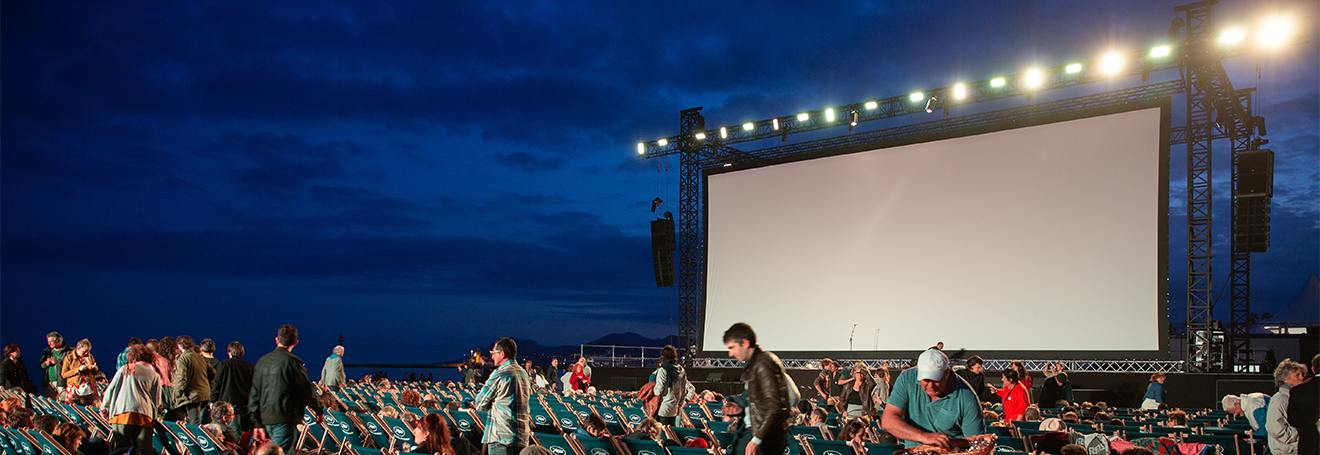
20 April 2023
20 April 2023
Spanish Representation at the Marché du Film Stands out in 2023, with More than Twenty Spanish Projects Selected in Official Programs
The names of the projects selected to represent the Spanish film industry at the Cannes Film Festival market have been announced: five producers will participate in the Producers Network's Spanish Spotlight, four documentary proposals will be presented in the Spanish Showcase at Cannes Docs, five projects in development will be presented by Spanish Screenings at Goes to Cannes and eight short films will be shown at the Short Film Corner.
Fiction Docs Animation Games20 April 2023
-
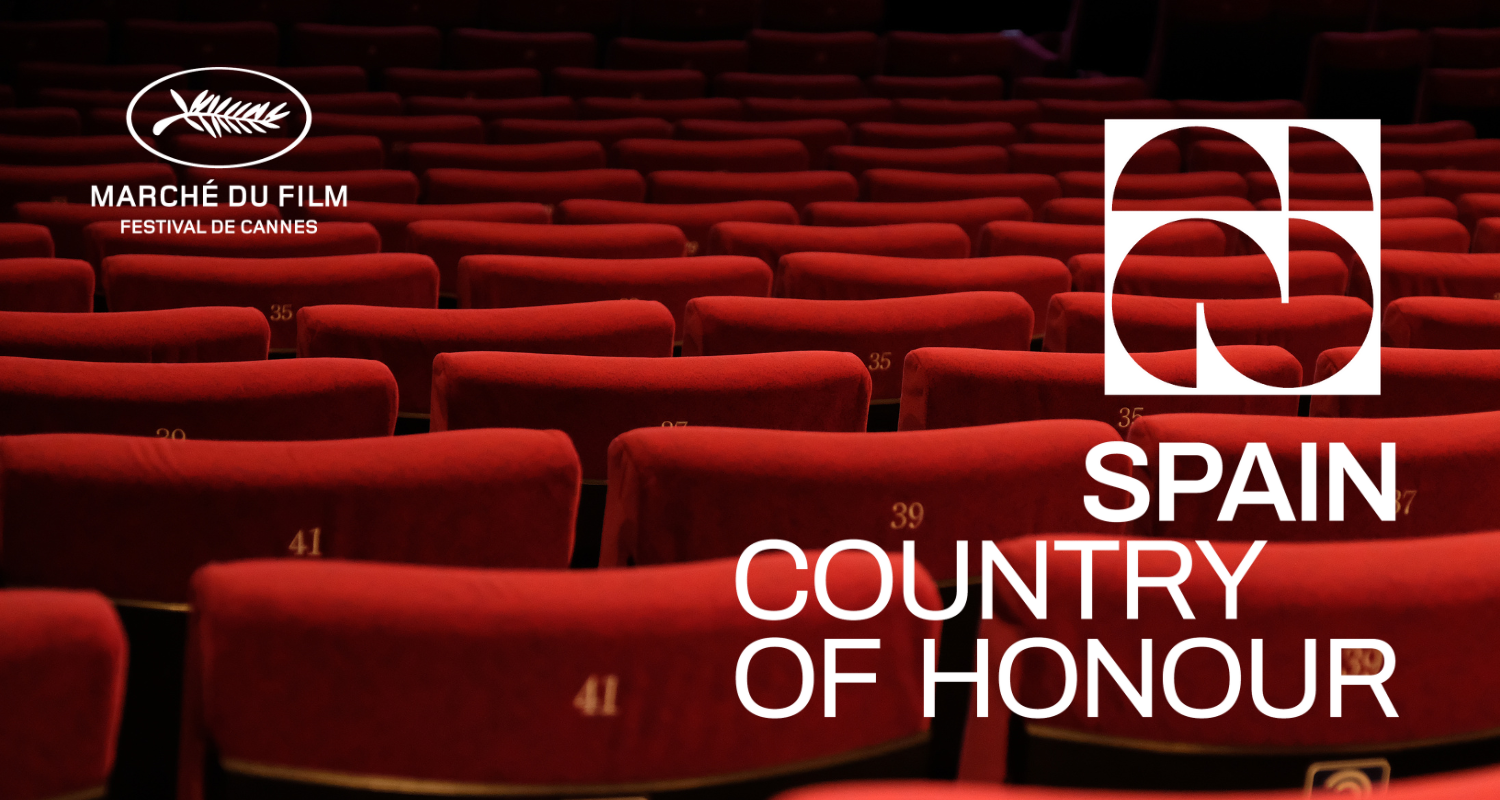
07 March 2023
07 March 2023
Spain Named as Country of Honour at the 2023 Marché du Film - Festival de Cannes
Spain will continue to celebrate and promote its achievements in Cannes at the upcoming Marché du Film, the world’s biggest international film market event, taking place from 16 to 24 May during the 76th edition of the Festival de Cannes.
Fiction Docs Animation XR07 March 2023
-
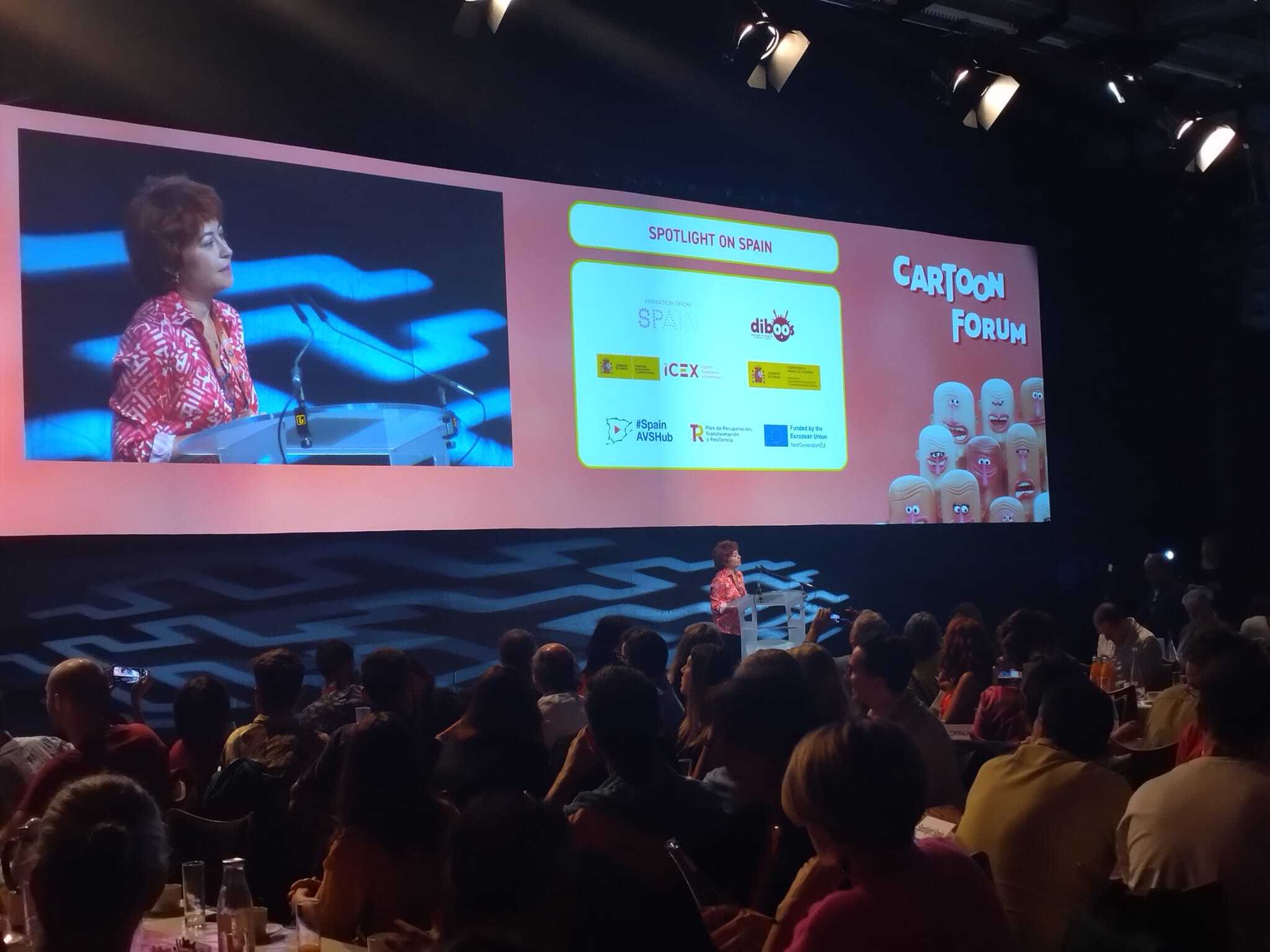
26 September 2022
26 September 2022
The rise of the animation industry in Spain was one of the narrative benchmarks of this event, held from September 19 to 22 in the French city of Toulouse
The rise of the animation industry in Spain was one of the narrative benchmarks of this event, held from September 19 to 22 in the French city of Toulouse
Animation26 September 2022

